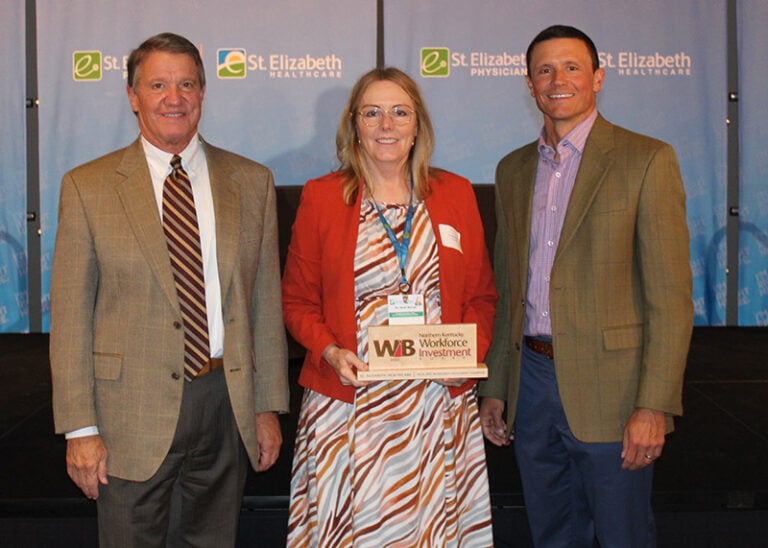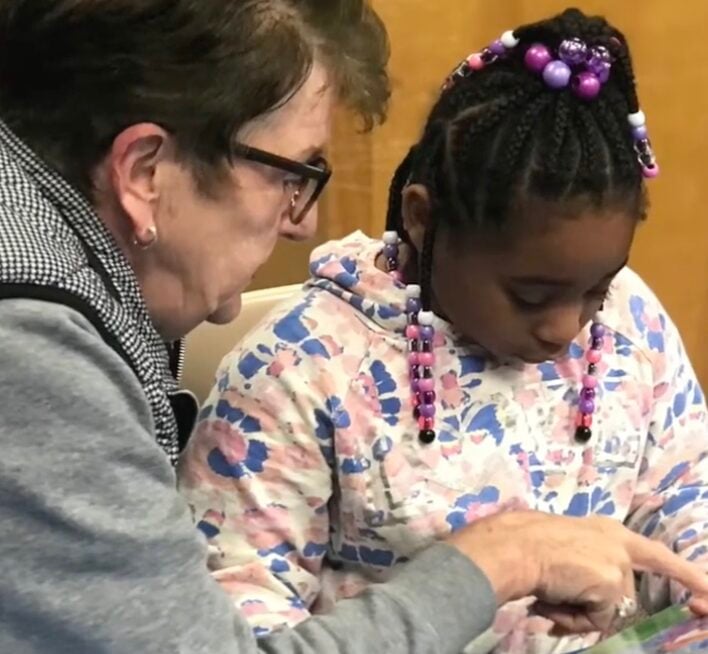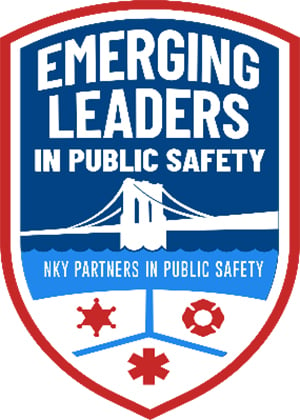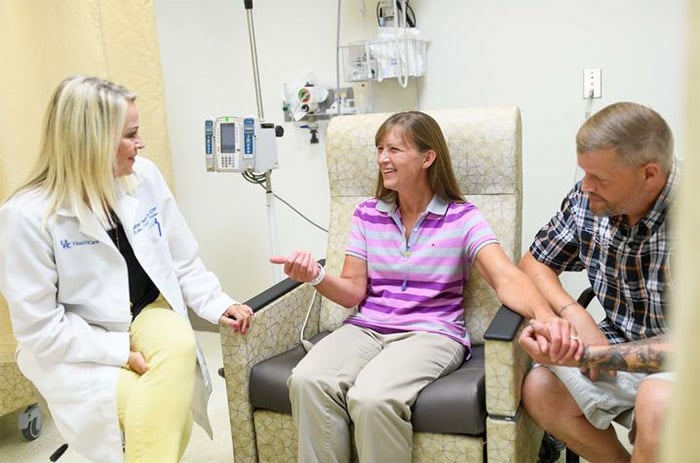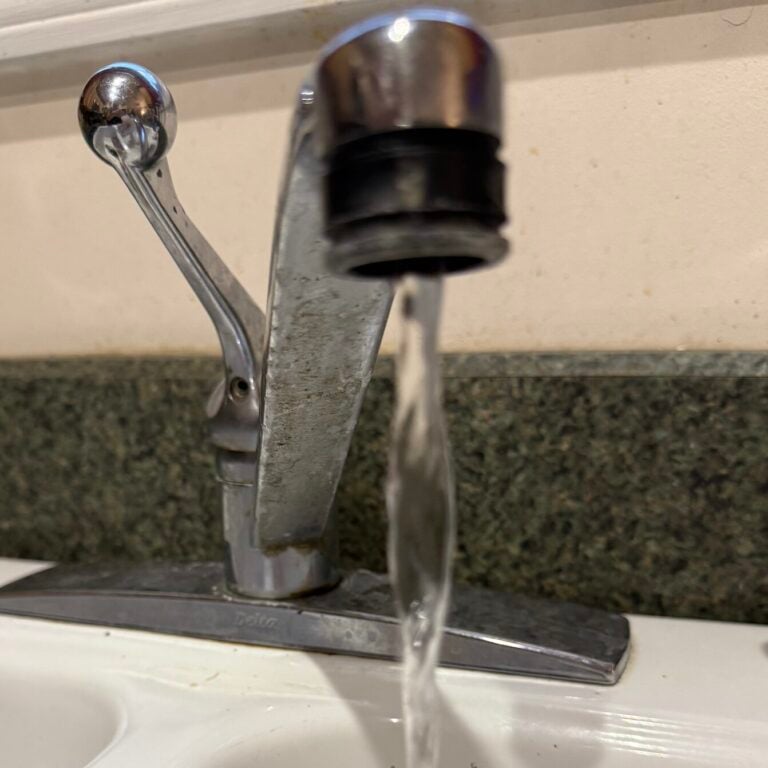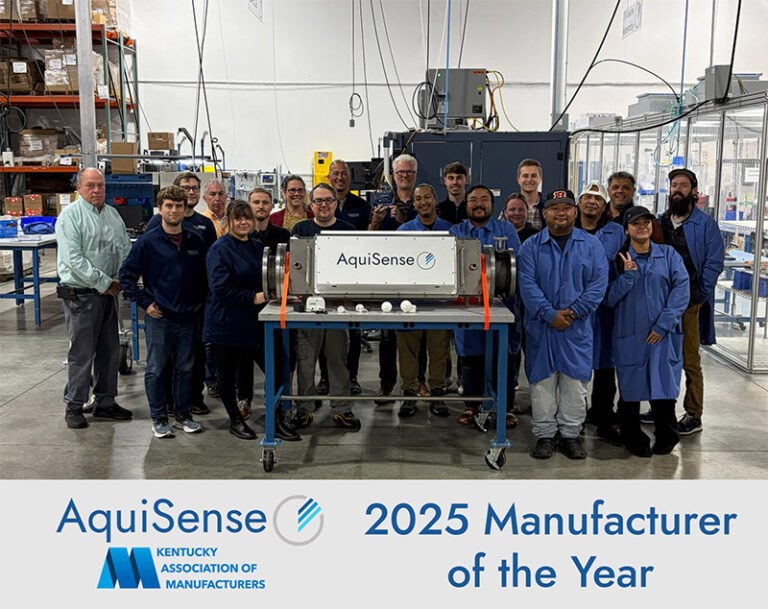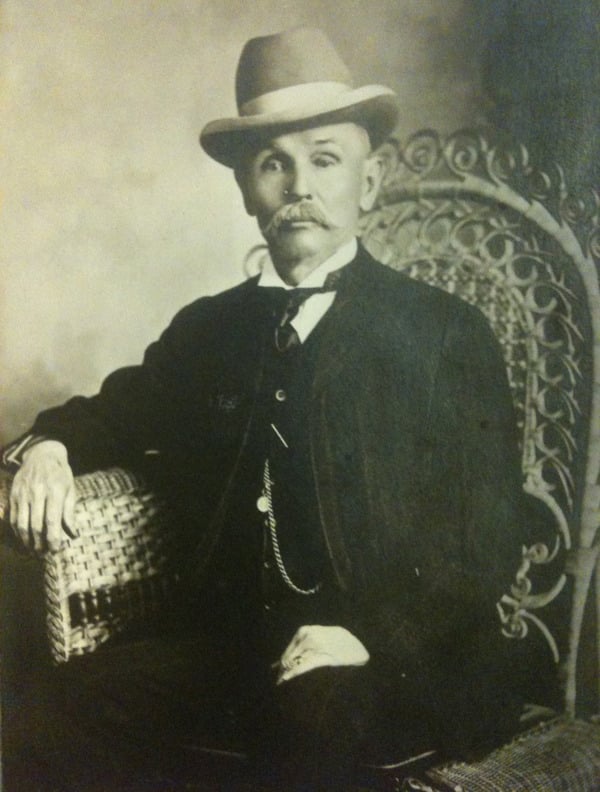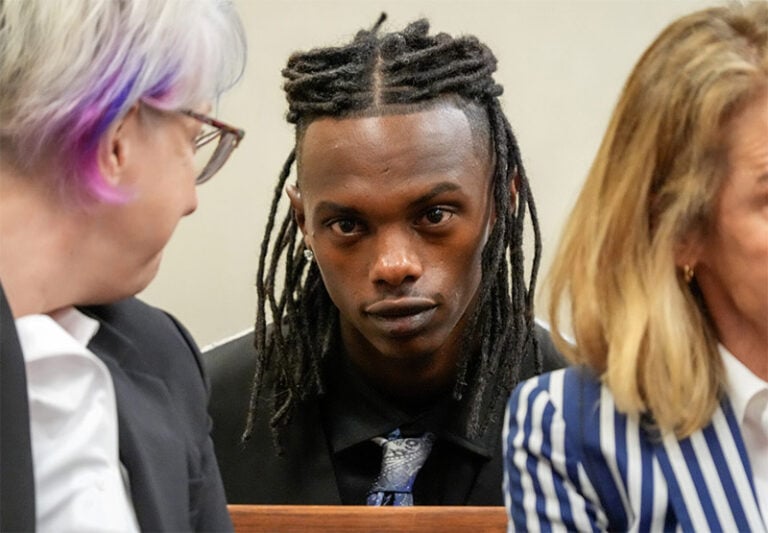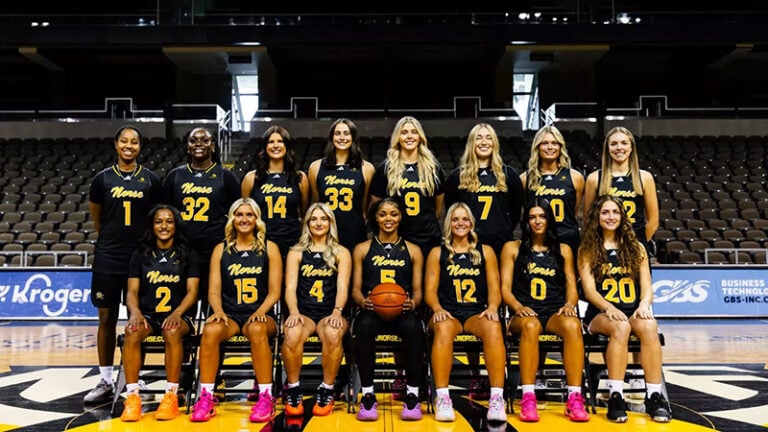What do AmeriCorps volunteers and older Americans have in common? Both are woefully undervalued, underappreciated, and underserved by a government intent on slashing costs, often at the expense of the very individuals and programs that strengthen our communities.
How discouraging that such cost-cutting measures would come during Older Americans Month, a time set aside each year to honor the contributions and sacrifices of older Americans, past and present, in service to our nation and communities.

Signed into law in 1963 by President Lyndon B. Johnson, Older Americans Month was first introduced to raise awareness of the struggles elders faced, one-third of whom lived at or below the poverty level.
Sadly, more than six decades later, conditions for many older adults have not meaningfully improved. A 2021 National Council on Aging study found that one in three older adults was considered “economically insecure.”
As demographics continue to skew older, we might ask ourselves: How can this be?
Despite efforts over the years to raise public awareness, ageism remains deeply entrenched. The idea that older people “can’t learn new things, contribute little to society, can’t make good decisions, and drain resources” persists, despite overwhelming evidence to the contrary.
Age discrimination doesn’t just affect older adults. Younger individuals also face bias, dismissed as “too old” for their profession or “too young” to be recognized as vital contributors to their communities.
Flip the script on aging
Each year, Older Americans Month features a theme designed to highlight the value of older adults.
The 2025 theme, “Flip the Script on Aging,” aims to transform how society perceives, talks about, and approaches aging—encouraging individuals and communities to challenge stereotypes and dispel misconceptions.
This message is especially urgent as we consider the possibility of further cuts being made to AmeriCorps Seniors and the volunteer programs they represent.
AmeriCorps Senior Service Programs
While each program was designed to address a specific need, all are built on the fundamental belief that older adults are invaluable resources to their communities.
The Foster Grandparent Program (est. 1965) engages low-income elders in providing emotional support to abused and neglected children, mentorship for troubled teenagers and young mothers, care for premature infants and children with physical disabilities
These intergenerational connections strengthen communities and provide services beyond the limits of increasingly tightening budgets.
The Senior Companion Program (est. 1968) offers vital assistance to frail elders and adults with disabilities by helping with basic chores, providing transportation to medical appointments, and offering companionship to reduce isolation.
By enabling individuals to remain independent and in their homes longer, Senior Companions ease the strain on healthcare systems and provide much-needed respite care for live-in caregivers.
The Retired Senior Volunteer Program (est. 1969) empowers older adults to apply their skills and expertise to address local challenges. RSVP Volunteers serve in crisis hotlines, literacy programs, job training initiatives, teen pregnancy support services, drug abuse prevention centers, refugee assistance, and disaster relief efforts.

As a former Director of Senior Companions, National Board Representative to the Senior Service Corps, and longtime advocate for proactive aging, I fully recognize the immense value older adults bring—not only to their communities, but to society at large.
It’s not just older adults who are overlooked — young people, too, often face exclusion, despite the valuable contributions they bring to society.
Beyond just words
As we celebrate Older Americans Month 2025, let’s do more than talk about flipping the script — we must demand action.
Tell Congress that being penny-wise and pound-foolish serves no one’s interests.
Jeff Rubin is a speaker, author, and adviser on community and aging issues with over 30 years of experience leading programs and initiatives that advance the greater good. Based in Berea, he advocates for “Age-friendly” and “Livable” communities and is the author of Wisdom of Age: Perceptions and Insights from One Generation to Another. Contact him at www.jeff@wisdomofage.net.







